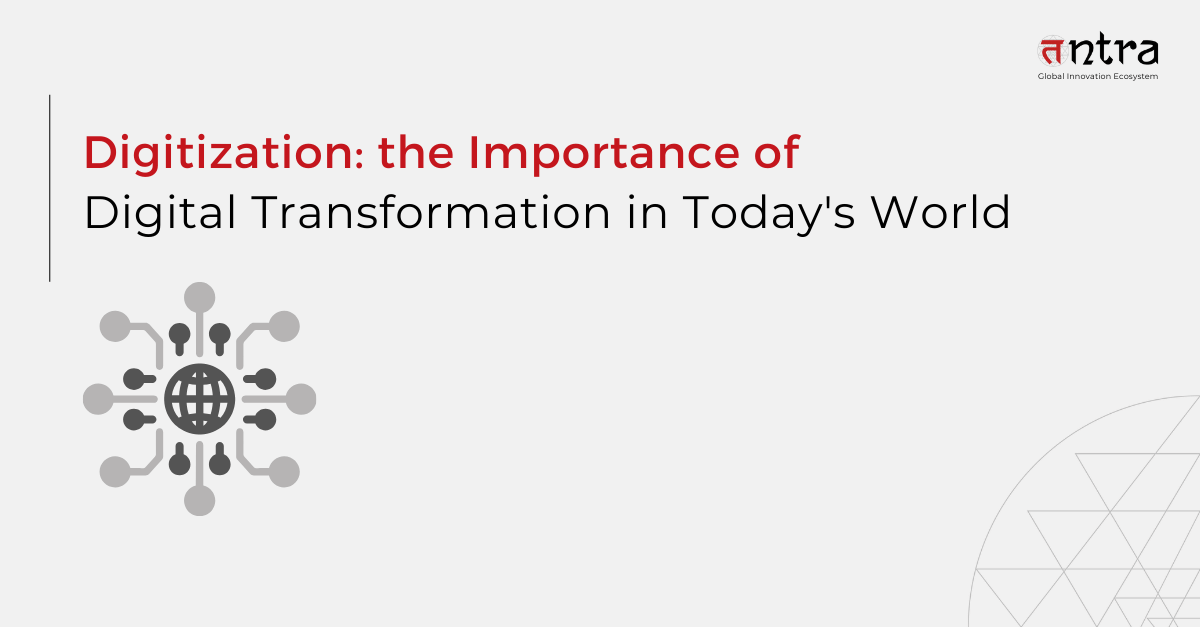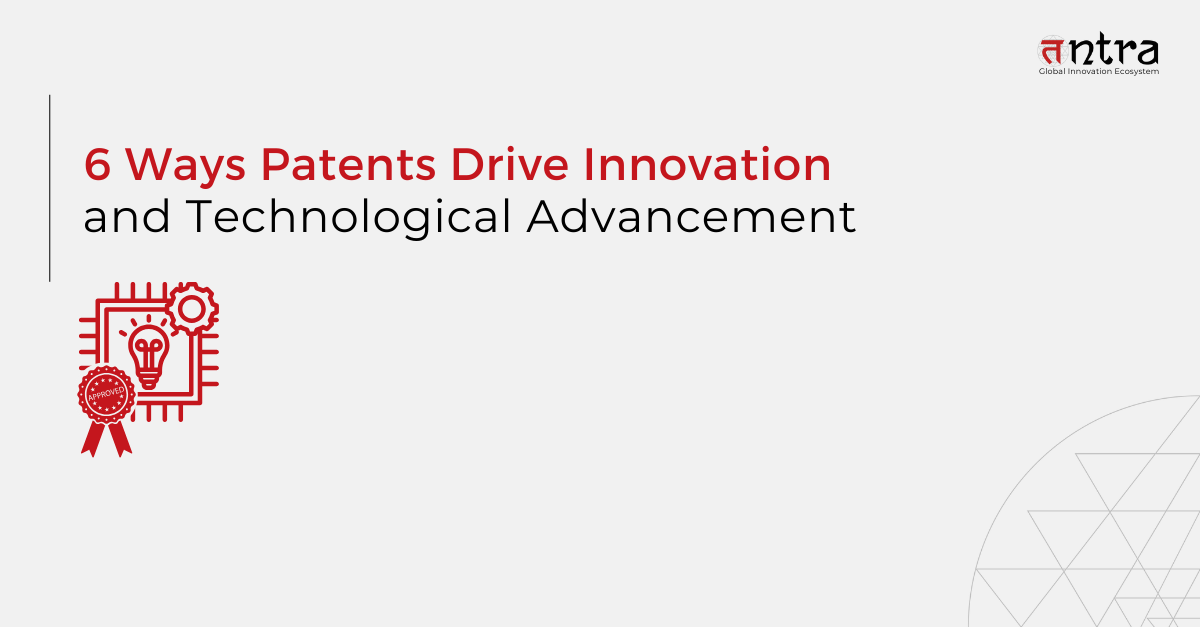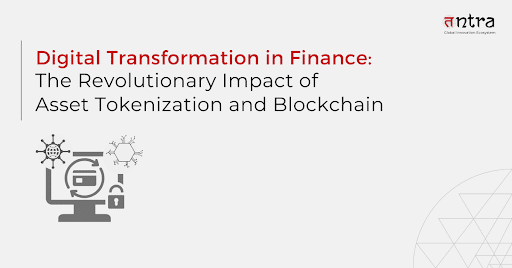
Digitization: The Importance of Digital Transformation in Today’s World
Table of Contents
ToggleThe rapid advancement of digital solutions is reshaping workforce paradigms and industries, encouraging innovation and operational efficiencies. In dynamic digital environments, decision-making and teamwork are revolutionized by accelerated digitization, which fosters efficiency, connectivity, and innovation. While data-driven tactics support adaptation, integrating digital solutions increases efficiency, innovation, and cost savings. Approaches to problem-solving are altered by the current disruptions caused by digital transformation, underscoring the necessity of creative partnerships for digital transformation.
The family-owned heavy equipment maker JCB uses digital solutions to drive innovation. They use digital tools for PLM, product design, and improvements and employ over 12,000 people. Every year, 200,000 product variants receive 50–60 updates that increase the complexity of their well-known line of loaders, tractors, and excavators.
JCB adopted digital tools to increase operational effectiveness and preserve a competitive advantage. The goal of these solutions was to improve product quality and production procedures. Their comprehensive digital twin helped address complex equipment problems related to fuel economy, maintenance costs, functionality, user comfort, safety, and dependability. Engineers slashed new part design duration through PLM and this digital replica and fostered cross-department collaboration.
Engineers swiftly pinpointed and accessed current parts by ushering in digital transformation and integrating PLM and CAD solutions, cutting down time spent on searches or unnecessary new creations. With over 200,000 possible configurations, a complicated process was made simpler by automation of product configuration. These developments are directly related to the adoption of digitization.
Although the results of digitalization differ from company to company, it consistently has a favorable effect on enterprises. A single data source improved teamwork at JCB and encouraged broad adoption. With an enhanced search feature, engineers may reuse parts more effectively, allowing for continual innovation using PLM platforms. This way, JCB improved quality continuously through the deployment of business digitization.
Source: Siemens
Impact and Trends of Digital Transformation Across Industries
The global market for digital transformation is expected to expand at a compound yearly growth rate of 16.5% from $469.8 billion in 2020 to $1,009.8 billion by 2025. By 2026, Statista projects that $3.4 trillion will be spent globally on digital transformation.
By 2025, the World Economic Forum projects that digital tech integration will have boosted the world economy by $100 trillion. Furthermore, by the same year, it is estimated that around two-thirds of this value resulting from digitization will be enabled by platform-driven interactions.
According to Prophet, market demands are the main drivers of digital transformation. In particular, growth potential accounts for 51% of these activities, whilst increased competitive pressures account for 41%.
According to Gartner, 87% of senior business leaders favor digitalization, and 91% of enterprises actively participate in digital efforts. Furthermore, 89% of businesses have either adopted or have on their agenda the implementation of a digital-first corporate strategy.
The capability of digital technology adoption will help three out of every four business executives will be able to adapt to new markets and industries using digital solutions by 2025.
Global consumers stand to benefit greatly from digital change as well. According to Prophet, enabling infrastructure is prioritized in 45% of transformation initiatives, while updating consumer touchpoints ranks fifth. Nevertheless, 41% of businesses have moved forward with digital transformation expenditures without carrying out in-depth consumer research, failing to gain a complete understanding of their clientele.
According to PwC, businesses are spending on omnichannel experiences at a rate that has significantly increased from 20% to over 80% to draw in a wider range of customers. Furthermore, although 35% of retailers intend to devote more resources to Artificial Intelligence, 63% expect to boost their investment in business intelligence and data analytics.
The statistics suggest that as time progresses, more organizations will move closer to technological advancements to derive the benefits of the digital economy.
Impact of Digital Innovation on Business, Innovation, and Workforce
Accelerated digitization is a major change in modern society that reshapes businesses and customer involvement. It increases efficiency and cost-effectiveness by redefining operational frameworks, optimizing workflows, and automating repetitive procedures. This efficiency makes it possible to allocate resources strategically and propels organizational growth and innovation.
Fundamentally, digital innovation breaks down geographic barriers to create a globally connected landscape. This connectivity encourages cross-border corporate collaboration prospects and facilitates instantaneous, frictionless connections between people. Industry-revolutionizing interconnection results from this, allowing for quick decision-making and creative teamwork in the rapidly changing digital age.
Let’s take a dive into the advantages of digital transformation for businesses, individuals, and the economy as a whole –
- Enhanced Productivity
Implementing digitalization strategies in small businesses liberates staff from manual tasks, fostering increased efficiency. These companies use digital technology to streamline processes, finish jobs ahead of schedule, and make the best use of their time. This integration makes Faster task completion possible, which lessens the workload from repetitive tasks and increases productivity.
- Innovation and Competitive Edge
Through tools that speed up product development, prototyping, and experimentation, the digital revolution fuels innovation. Through the proper use of digitalization, this transformation gives businesses the agility they need to respond to changing market dynamics and consumer demands, giving them a competitive advantage.
- Time and Cost Saving
The efficiency of businesses and individuals hinges on time. The swift growth of technology-enabled services relies on consumer time-saving capabilities, driving investor interest and heightened adoption.
The digital economy also greatly lowers merchant expenses, impacting business maintenance. It also encompasses routine banking transactions, highlighting how technological developments save time and transform cost-effectiveness in various domains.
- Data-Driven Decision-Making
Digitization creates massive data troves that transform operations. With careful analysis, these data provide vital information about consumer behavior, industry trends, and operational effectiveness. This wealth of data is the foundation for data-driven decision-making, enabling companies to develop well-informed strategies.
Adopting this practice gives businesses the flexibility to quickly adjust to changing market conditions. As a result, this move away from instinctive judgment and toward data-driven decision-making improves flexibility and fosters a culture in which tactics are determined by accurate data analysis and a deep comprehension of the complexities of the market.
- The Digital Economy is for the Public
Amid the digital transformation in Industry 4.0, worries about automation displacing workers from human labor have emerged. But the reality is complex yet offers hope for the future. Devotion to continual learning is essential to this shift. To enable accessible public education and skill retraining, collaboration between the public and private sectors becomes essential.
Future automation trends may be mostly driven by emerging organizations that challenge established firms that cannot adapt to the impending automation landscape.
Read Now: How Tntra helped a freight forwarding company with a document processing platform
Conclusion
Digital evolution revolutionizes industries, redefining operations and workforce dynamics. Rapid digitalization creates operations efficiencies, promoting creativity, connectedness, and economy.
This interconnected environment speeds up decision-making and encourages teamwork in ever-changing digital spaces. Incorporating digital solutions enhances efficiency, creativity, and financial savings, and data-driven choices strengthen flexibility.
The era of digital disruption has shifted how challenges are resolved. If you are looking for an innovative digital transformation partner, contact the best software product engineering company, Tntra, today.





